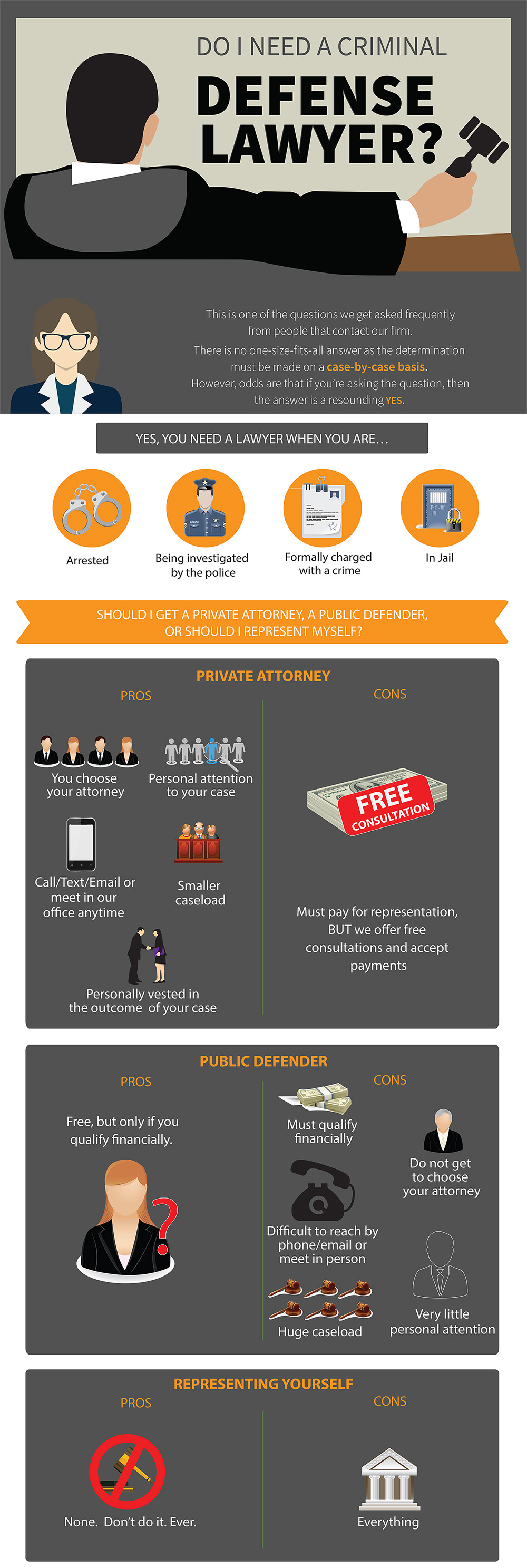The Function Of Evidence In Criminal Protection: Trick Realities You Should Know
The Function Of Evidence In Criminal Protection: Trick Realities You Should Know
Blog Article
Authored By-Good Acosta
When you consider criminal protection, proof is often the first thing that comes to mind, and for good factor. It's the foundation upon which your case stands, shaping the story and influencing the court's perception. Different sorts of evidence, from physical to digital, each play an unique role in establishing a protection. However not all proof is treated similarly; admissibility requirements can make or damage your protection technique. Recognizing these nuances is critical, especially when thinking about how they can affect the end result of a test. So, what should you understand about these criteria?
Types of Proof
When it involves criminal protection, recognizing the sorts of evidence can make all the distinction in your situation. Proof falls into numerous groups, each playing an important role in developing the truths of your scenario.
One typical type is testimonial proof, which includes statements made by witnesses. Their accounts can provide understanding right into what took place and can either support or test the prosecution's insurance claims.
Physical evidence is an additional essential kind, incorporating substantial things like tools, garments, or fingerprints. This sort of evidence can directly connect you to a criminal activity or assistance disprove claims versus you.
After that there's documentary evidence, which includes records, photographs, or any kind of written materials relevant to your instance. These records can give a timeline or context that's essential for your defense.
Finally, you can not ignore digital evidence, that includes data from smartphones, computers, or social networks. This type of proof can reveal important information about your tasks or interactions.
Admissibility Criteria
In criminal defense, the admissibility of proof is vital to your case's outcome. You'll need to understand the requirements that determine whether evidence can be used in court. Generally, proof has to be relevant, trusted, and gotten lawfully to be taken into consideration acceptable.
Importance implies the evidence needs to straight relate to the situation and aid confirm or refute a truth at issue. If it doesn't attach to your defense or the charges against you, it may be excluded.
Reliability makes certain that the proof is trustworthy and trustworthy; as an example, eyewitness statement can be cast doubt on if the witness has a history of unstable accounts.
In addition, evidence should be collected according to lawful treatments. Any kind of proof acquired with illegal ways, such as an illegal search or seizure, may be deemed inadmissible under the exclusionary guideline.
Understanding these standards can equip you to function efficiently with your attorney. They'll navigate the intricacies of these policies to enhance your defense, guaranteeing only the most effective proof exists in your favor.
Constantly bear in mind, the admissibility of evidence can significantly influence the jury's assumption of your case.
Influence On Defense Methods
The admissibility of proof directly forms your protection techniques. When Read A lot more is considered permissible, you can use it to build a solid instance. On the other hand, if evidence is ruled inadmissible, you need to pivot your strategy. Recognizing what proof the prosecution can offer helps you anticipate their arguments and prepares you to counter them effectively.
You'll want to focus on event evidence that supports your defense. This could include witness statements, specialist testimony, or documents that obstacle the prosecution's claims. The objective is to develop practical doubt psychological of the jurors. If certain pieces of proof are weak or contentious, you might consider a method that stresses various other strong facets of your situation.
In https://www.brennancenter.org/our-work/analysis-opinion/right-attorney-theory-vs-practice , the sort of proof-- whether it's forensic, testimonial, or digital-- will determine just how you connect your protection. You'll require to craft engaging narratives that reverberate with the jury while using acceptable proof to support your cases.
Inevitably, your technique needs to be flexible, allowing you to adjust as new evidence comes to light or as rulings are made. Each decision you make need to straighten with the goal of guaranteeing the best feasible result for your instance.
Verdict
In criminal defense, proof plays a pivotal function in shaping your situation. By understanding the different sorts of evidence and their admissibility standards, you can reinforce your defense approach and produce sensible question in the minds of jurors. Working together very closely with your lawful advice guarantees that your evidence is presented properly and adjusts to any kind of brand-new developments throughout the trial. Eventually, the right proof can make all the difference in achieving a positive result.
